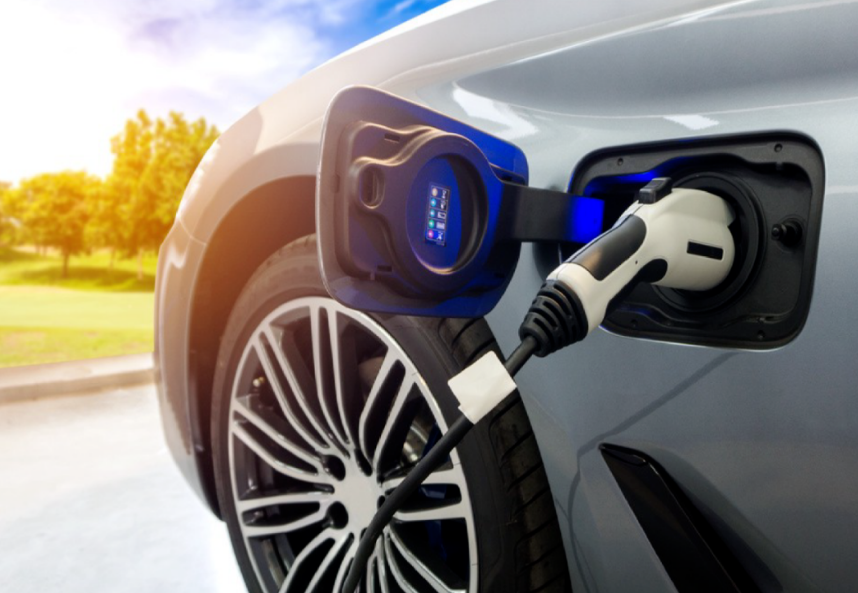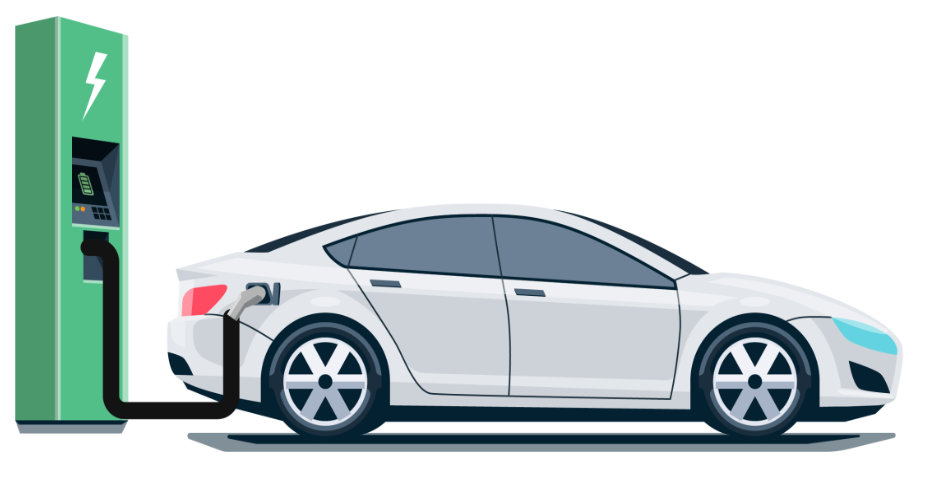Traditionally, manufacturers have used high-density polyethylene (HDPE) for small engine applications, but this increases emissions penetration and reduces durability. In the 1990s, DSM and OEM
Customers and regulators collaborate on how to develop better solutions, leading to the launch of Akulon® Fuel in 2011
Lock nylon/polyamide (PA6) single layer technology.

Akulon® Fuel
Lock is a generation polyamide (nylon polymer) with very effective barrier properties, able to reduce the penetration of hydrocarbons. Can be used in applications requiring low permeability and low temperature extreme impact requirements, such as sORE (Small Off-Road Engine) tanks or liners in Type IV lightweight composite tanks for CNG (Compressed Natural Gas).

Akulon® Fuel
Lock is suitable for injection molding, blow molding and extrusion molding processes. It has a wide range of uses and can provide strong support for the safety and reliability of the hybrid vehicle industry. Due to its flexibility, it can help industry customers quickly Achieve design innovation.
Injection molding Blow molding Extrusion molding
An inherently robust solution, it can be processed by blow molding over a wide operating window using similar equipment to HDPE. Its parison stability helps to achieve ideal wall thickness distribution, and its stability under high and low temperature conditions provides a guarantee for safety.
In 2022, DSM Engineering Materials cooperated with Renault to provide Akulon® Fuel Lock material with high performance and low carbon footprint for the fuel tank of its hybrid vehicles, and conducted it as an industry case at the K exhibition in 2022 successfully displayed. Renault’s fuel tanks of this type have a blow-molded, single-layer structure, which significantly reduces weight and cost without compromising safety or increasing the risk of additional emissions. This innovative achievement is a demonstration of the combination of DSM’s engineering materials research innovation and practical application, and DSM will continue to create cutting-edge innovative lightweight solutions in the industry.

Gasoline and hydrogen permeation are known to be key safety and performance drivers for hybrid and fuel cell vehicles. As a proven and easy-to-process HDPE liner alternative, the Akulon® Fuel Lock solution is also a good solution for high-pressure hydrogen storage cylinders for fuel cell vehicles. Due to its excellent low permeability value properties, Akulon® Fuel
Lock’s blow moldable liners for hydrogen storage bottles significantly reduce gasoline and hydrogen permeation. According to our data, by Akulon® Fuel
Lock’s molded 2 mm wall tanks have evaporative emissions rates up to 80% lower than the limits of US EPA and CARB regulations. The evaporative emission rate of the fuel tank with a wall thickness of 2 mm is lower than the limit of the US EPA and CARB regulations.
In addition, DSM’s entire Akulon® family of materials has the advantage of reducing costs and increasing efficiency in the automotive industry, especially in the manufacture of challenging structural components. Such as plastic seats, beams, front-end modules or engine mounts, etc., achieve high-performance rapid prototyping while reducing the total system cost, providing high design flexibility for plastic or metal/plastic hybrid structures.
DSM Engineering Materials has been deeply involved in the automotive industry for 30 years, and now it has become an important industry partner for materials for airbag housings, brake boosters and various high-temperature, low-friction powertrain components. In addition to Akulon® series products, various thermoplastic engineering materials such as Stanyl®, ForTii®, Arnitel®, Arnite®, XytronTM, EcoPaXX®, Novamid® are also widely used in high-voltage electric drive systems, hydrogen storage tanks, Internet of Vehicles applications and Systems that require extremely high safety and reliability, such as thermal management and fuel cell systems. In addition to its traditional strengths, DSM’s investment in the sustainable field has also achieved remarkable results. Environmentally friendly materials made of bio-based and/or recycled-based materials can reduce carbon emissions while ensuring quality, and provide support for customers’ carbon reduction performance.

 微信扫一扫打赏
微信扫一扫打赏

